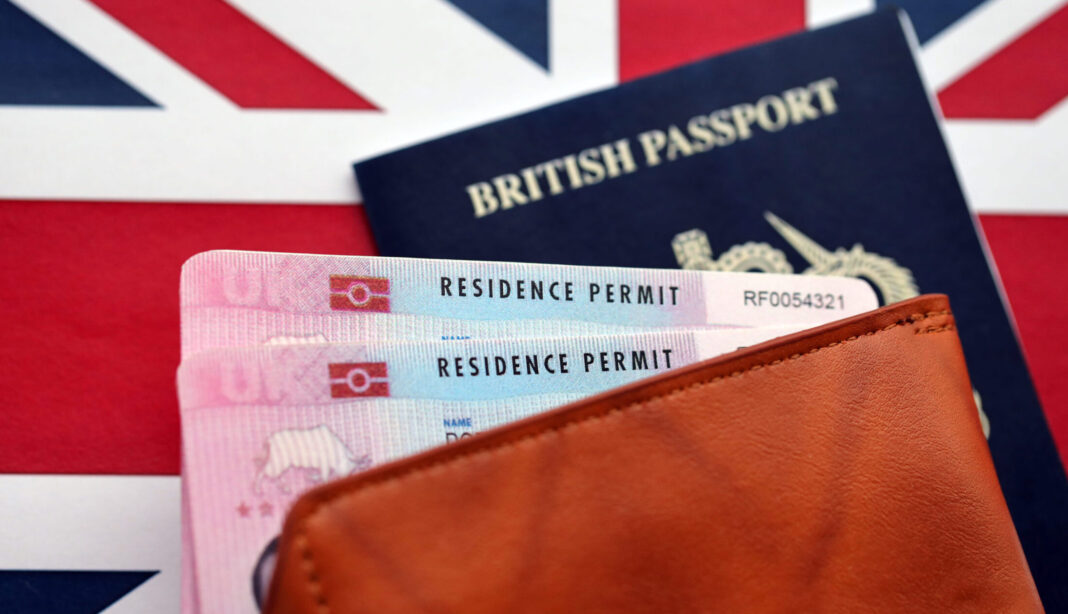SDT hears claims Naqvi advised on spouse visas despite warnings about non-genuine relationships
An undercover television sting has placed Syed Muzaher Naqvi before the Solicitors Disciplinary Tribunal (SDT), where he faced allegations that he advised on spouse-visa applications while knowing, or being told, the underlying relationship might not be genuine. The case centres on two covertly recorded meetings in 2015 between Naqvi, then a sole practitioner at Naqvi & Co Solicitors, and an undercover reporter posing as a client seeking ways to remain in the UK.
The SDT—chaired by Mr J. C. Chesterton with Mr W. Ellerton and Mrs L. McMahon-Hathway—heard the matter across 15–17 April and 13 May 2019. David Bennett of Hailsham Chambers, instructed by Capsticks Solicitors LLP, represented the Solicitors Regulation Authority (SRA). Alper Riza QC of Goldsmith Chambers appeared for the Respondent. At the time of the hearing, Naqvi held an unrestricted practising certificate and carried multiple compliance roles within his firm, including COLP, COFA, Money Laundering Reporting Officer and FCA compliance officer.
The SRA’s case arose from an investigative documentary produced by Hardcash Productions. Their reporter, referred to as Client A, met Naqvi twice: a first interview recorded on audio only, followed by a second interview on 27 March 2015, recorded on both audio and video. It was the second conversation that triggered the charges.
In Allegation 1.1, the SRA said Naqvi failed to advise that applying for a spouse or partner visa based on a non-genuine relationship would be unlawful, allegedly breaching SRA Principles 2, 4 and 6 (2011). Allegation 1.2 went further: the SRA claimed he told the client not to disclose the lack of a genuine relationship to him if the client intended to proceed—said to breach Principles 1, 2, 3 and 6. Allegation 1.3 alleged that Naqvi indicated a willingness to advise and/or assist even after the client made clear he intended or was likely to rely on a non-genuine relationship. Allegation 1.4 asserted he gave practical steps to improve the prospects of such an application, including building “joint living” proofs, when he knew or ought to have known the relationship was not genuine, allegedly breaching Principles 1, 2 and 6.
Embed from Getty ImagesFor Allegations 1.2 to 1.4, the SRA alleged dishonesty, though it stressed that dishonesty was not essential for the Tribunal to find the allegations proved. The Applicant relied on translated transcripts prepared by a transcription company because significant parts of the conversations were in languages other than English. Naqvi disputed both the completeness of the footage—contending the material was edited—and the accuracy of the translation. The Tribunal, however, rejected those complaints for reasons recorded in its findings.
The hearings also explored context from the first interview, where the reporter discussed options including study routes, investment visas, an Ireland pathway, and marriage. The SRA said this meeting primed the second, on-camera discussion. In that second session, the transcripts recorded Naqvi discussing registering a relationship, assembling proof such as bank statements and utility bills at a shared address, and the practicalities around interviews and timelines. When the reporter pressed on the relationship’s authenticity, the transcript recorded Naqvi saying, “Then don’t tell me. I don’t know that,” and emphasising that he would act on whatever evidence the client provided.
Procedurally, the SRA first learned of the programme when Naqvi himself notified it on 30 June 2015 following exchanges with the producers. The regulator initially closed the matter on 7 January 2016, but later obtained a court order on 28 November 2017 compelling disclosure of the full recordings. After reviewing the material, the SRA referred Naqvi to the Tribunal on 27 April 2018.
Throughout, the SRA maintained that the conversations showed failures to give clear, lawful advice and—on the more serious limbs—willingness to proceed despite indications the relationship was not genuine. Naqvi, for his part, challenged the integrity of the transcripts and maintained he advised within the rules, insisting that he would act on evidence provided and not on undisclosed claims about a relationship’s authenticity.
The Tribunal heard arguments on the transcripts, translation, and professional duties, with the SRA pressing alleged breaches of the Principles and dishonesty (in part), and Naqvi contesting the characterisation of his advice. The judgment records the allegations and the evidential battles over how those covert conversations should be understood.
